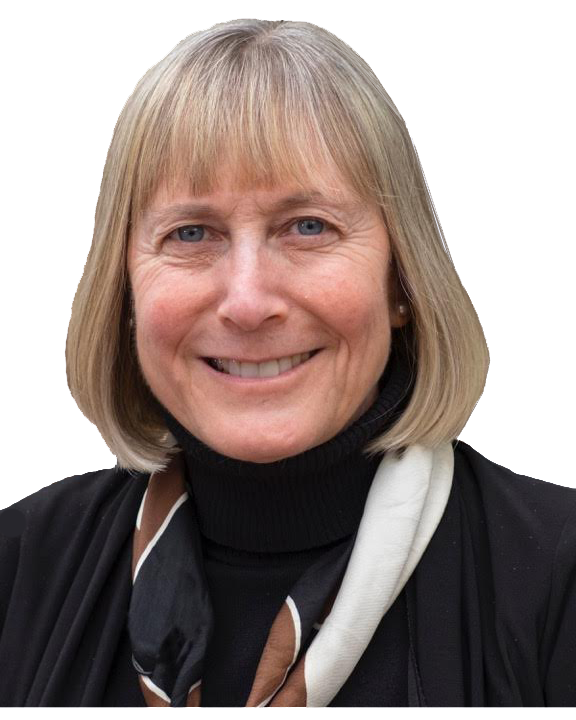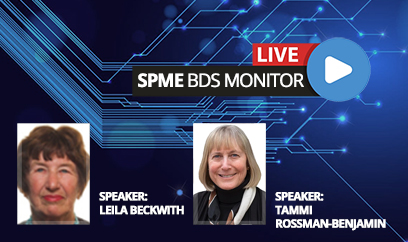A new study released by AMCHA Initiative reveals how academic boycotts of Israel pose a serious threat to Jewish students and significantly increase the likelihood of anti-Semitism on campus.
Much has been written in recent years detailing how academic boycotts, and particularly an academic boycott of Israel, are an assault on academic free expression and intellectual inquiry critical to academia. Even more alarming is AMCHA’s recent research that found a strong link between the presence of faculty members expressing support for an academic boycott of Israel and the worst form of anti-Semitism, acts of anti-Jewish hostility. Such acts include assault, harassment, destruction of property and suppression of speech. The research indicated that schools with one or more faculty boycotters were between four and seven times more likely to have acts of anti-Jewish hostility, and the more faculty boycotters on a campus, the greater the likelihood of such anti-Semitic acts. The association was replicated in three separate studies conducted over two different calendar years.
The study investigates why this is happening. It examined the three disciplines that were responsible for sponsoring close to 90% of anti-Israel events – Ethnic, Gender and Middle East Studies. Data reveals that the greater the number of faculty boycotters in a department, the greater the number of outside BDS proponents brought to campus by that department and the greater the instances of students’ anti-Zionist expression and incidents of anti-Jewish hostility.
Speakers:
Leila Beckwith is Professor Emeritus at UCLA and the co-founder of AMCHA Initiative. After receiving her Ph.D. from the University of Chicago, Beckwith went on to teach and do research for more than 30 years at the Neuropsychiatric Institute and the Department of Pediatrics at UCLA. She has published more than 80 research publications in scientific, peer-reviewed journals. Beckwith’s professional life has been devoted to the sacred mission of the university: to obey the laws of evidence and logic; to pursue the truth with integrity; to communicate it honestly to students. She is a board member of the California Association of Scholars and Scholars for Peace in the Middle East. In 2013 she was honored with a Hero of Conscience Award from the American Freedom Alliance. Beckwith was an invited scholar at a workshop, “Contemporary Antisemitism in Higher Education”, at the U.S. Holocaust Memorial Museum’s Center for Advanced Holocaust Studies in 2010. A renowned scientist and researcher, she has been an editorial board member of notable scientific journals such as Child Development, Infant Behavior and Development, and the Infant Mental Health Journal, as well as an ad hoc reviewer for research papers submitted to Developmental Psychology, and grants submitted to the National Science Foundation and the National Foundation for the March of Dimes. Beckwith served as an appointed member of research review committees for the National Institute of Mental Health, the National Institute of Drug Abuse and the National Institute of Child Health and Development. She was also a prevention research advisory committee member for the National Institute of Mental Health and a principal investigator for research grants from the National Institute of Mental Health, the National Institute of Child Health and Development, and the Center for Disease Control. Articles and opinion pieces by Beckwith addressing campus antisemitism have been published in the Los Angeles Daily News, The Press Enterprise, The Daily Bruin, and the Jewish Journal, among others.







